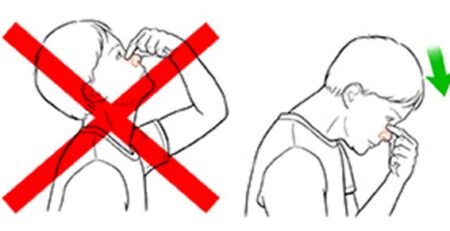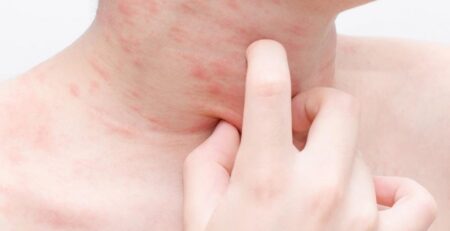Can nursing mothers drink tea or coffee without any adverse effects?
தாய்ப்பால் கொடுக்கும் தாய்மார்கள் டீ / காஃபி அருந்தலாமா?
The safety of consuming coffee while breastfeeding is a topic that has been widely discussed. While lesser amounts of caffeine are considered safe for breastfeeding mothers, it’s important to understand the potential effects it can have on both the mother and the baby.
Caffeine is a stimulant that can pass into breast milk, and some infants may be sensitive to its effects. If a breastfeeding mother consumes a moderate amount of caffeine, usually defined as 200 to 300 milligrams per day (equivalent to about 1 to 2 cups of coffee), it is unlikely to cause any harm to the baby. However, individual sensitivity can vary, and some infants may be more susceptible to the stimulating effects of caffeine.
Excessive caffeine intake by the breastfeeding mother can lead to irritability, poor sleep patterns, and even colic in some infants. It’s also worth noting that caffeine can have a longer half-life in newborns and younger infants, meaning it takes longer for their bodies to eliminate it.

To minimize any potential risks, here are some guidelines for lactating mothers regarding caffeine consumption:
Moderation
It’s recommended to limit caffeine intake to 200 to 300 milligrams per day. This can vary depending on individual tolerance, so some mothers may need to consume less or avoid it altogether.
Monitor your baby’s behaviors
If you notice that your baby becomes irritable, fussy, or has trouble sleeping after you consume caffeine, it might be an indication that they are sensitive to it. In such cases, it may be wise to reduce or eliminate caffeine from your diet.
Timing
It’s a clever idea to nurse your baby before consuming caffeinated beverages. This allows more time for caffeine to be metabolized and eliminated from your system before the next feeding.
Stay hydrated
Remember to drink plenty of water as caffeine can have a mild diuretic effect and contribute to dehydration.
Be aware of other sources of caffeine
Apart from coffee, caffeine is present in other products such as tea, soda, chocolate, and certain medications. Take these sources into account when considering your overall caffeine intake.
As always, it’s advisable to consult with your healthcare provider or a lactation specialist for personalized advice based on your specific situation. They can provide guidance tailored to your needs and help ensure the well-being of both you and your baby.
Conclusion
Moderate consumption of caffeine by lactating mothers is considered safe. While lesser amounts of caffeine can pass into breast milk, most infants tolerate it well. However, individual sensitivity may vary, and some babies may experience irritability or sleep disturbances when exposed to caffeine. It is recommended for lactating mothers to limit their caffeine intake to about 200 to 300 milligrams per day, equivalent to 1 to 2 cups of coffee. Monitoring the baby’s behavior and adjusting caffeine consumption accordingly can help identify any potential sensitivity. It is also important to consider other sources of caffeine in the diet and stay hydrated. Consulting with a healthcare provider or lactation specialist can provide personalized guidance on caffeine consumption while breastfeeding. By following these guidelines, lactating mothers can make informed choices that prioritize the health and well-being of both them and their babies.
 dr.aisparth
dr.aisparth





